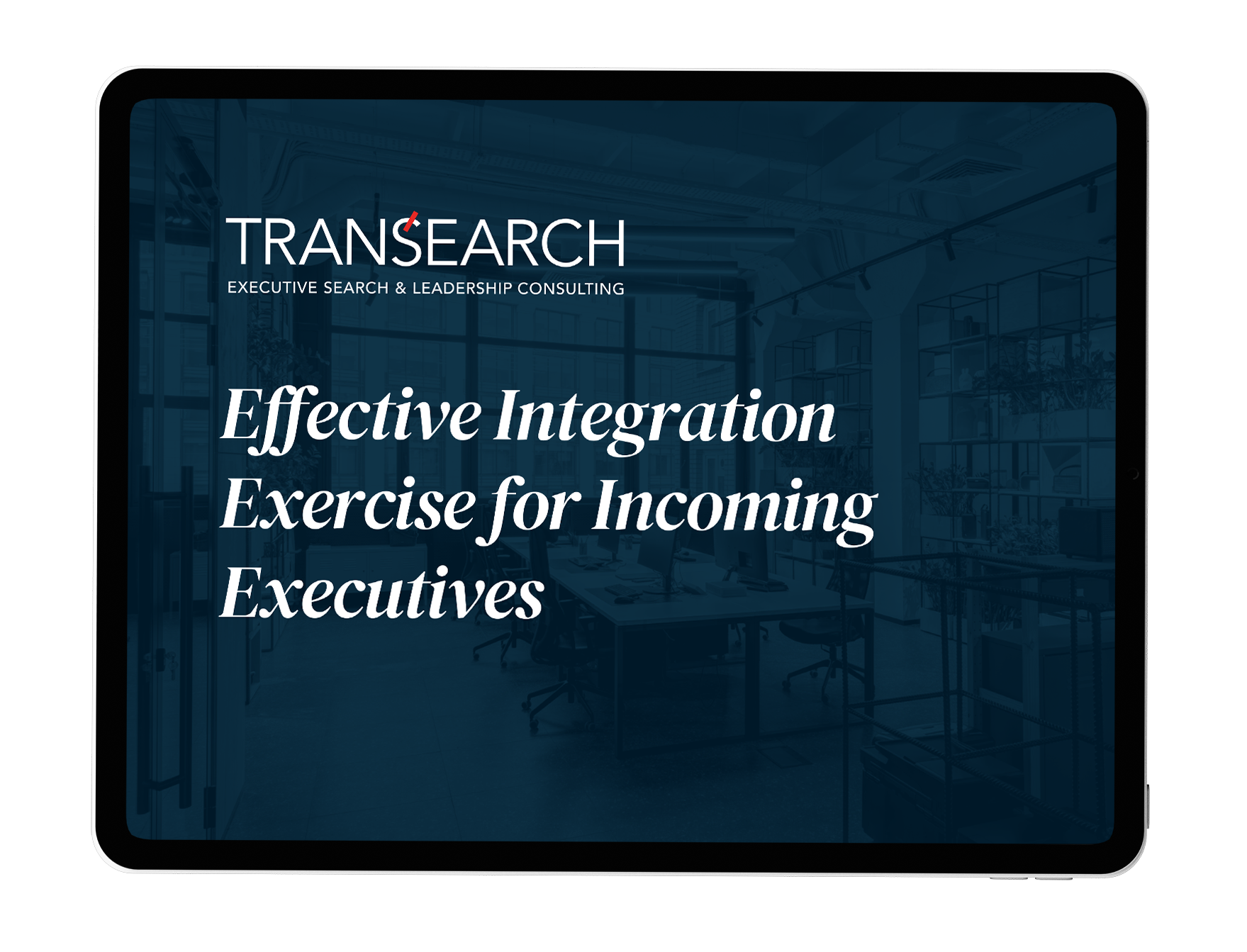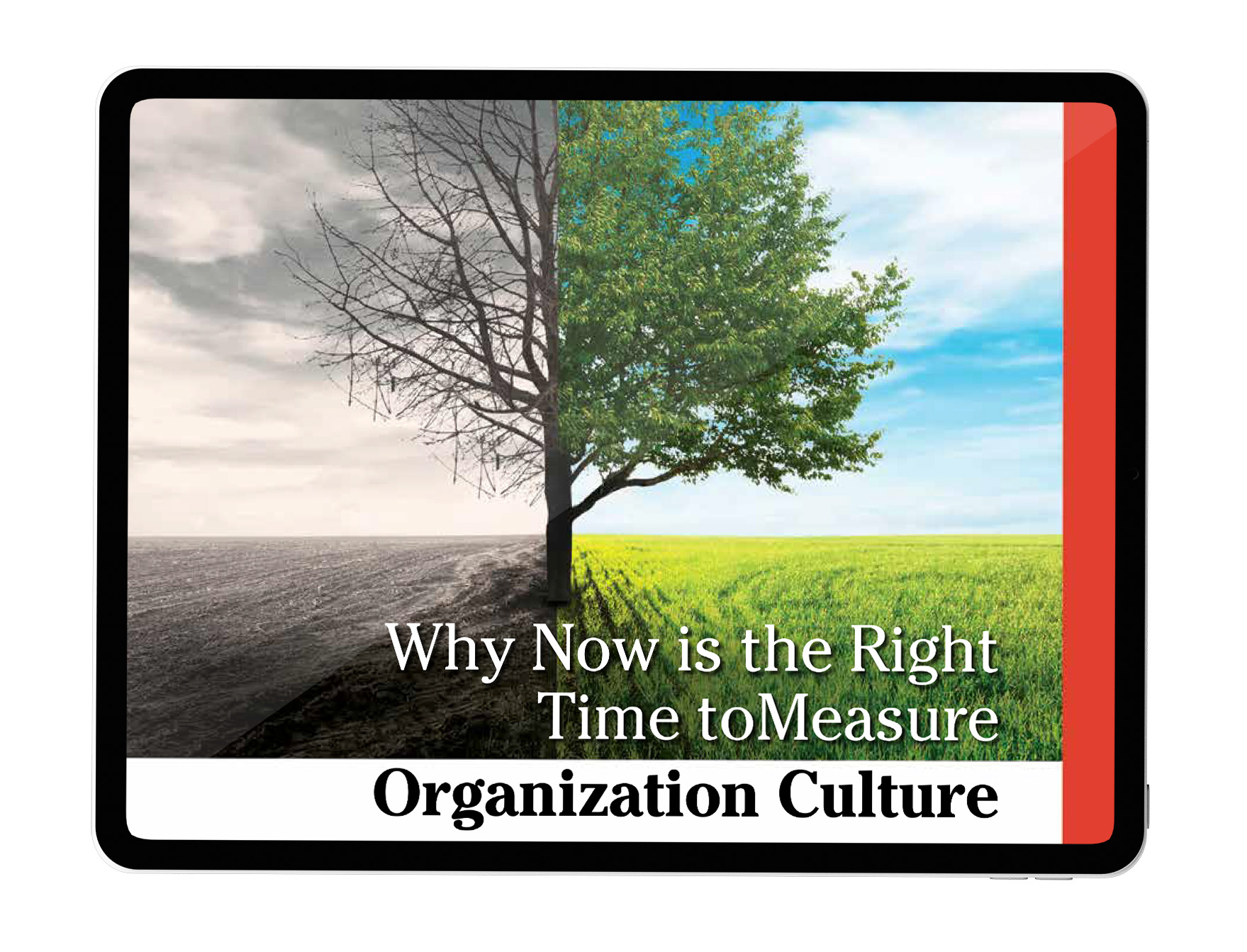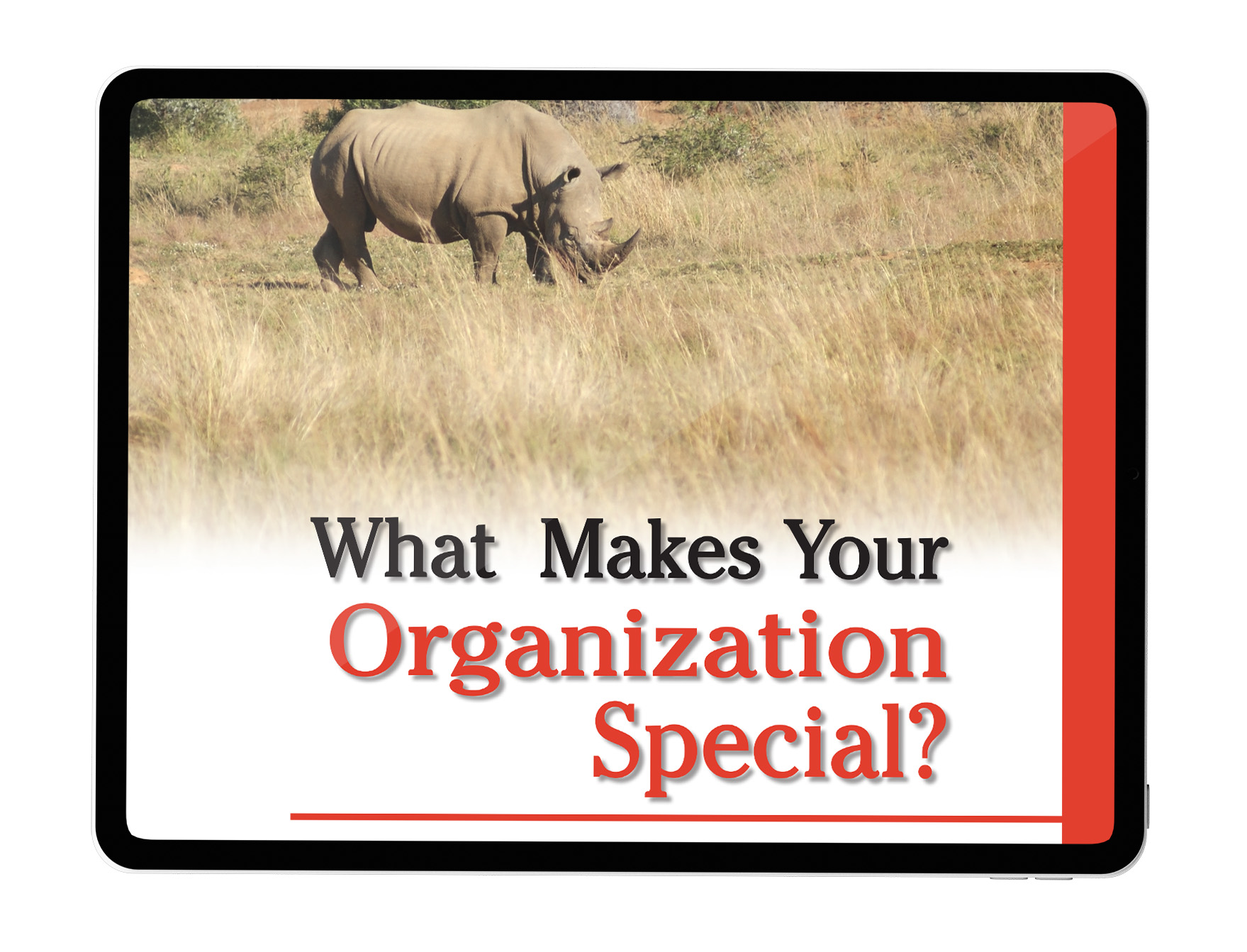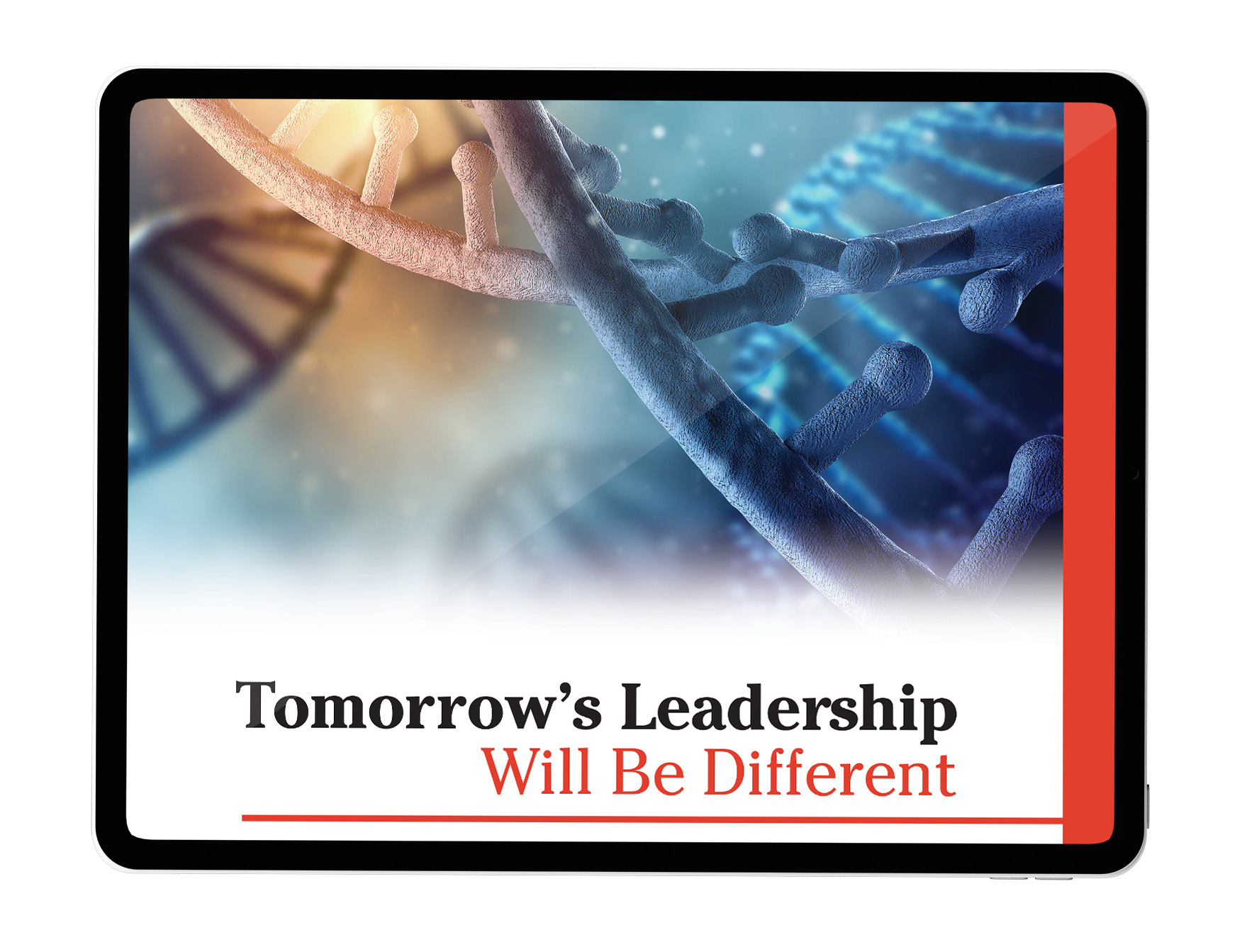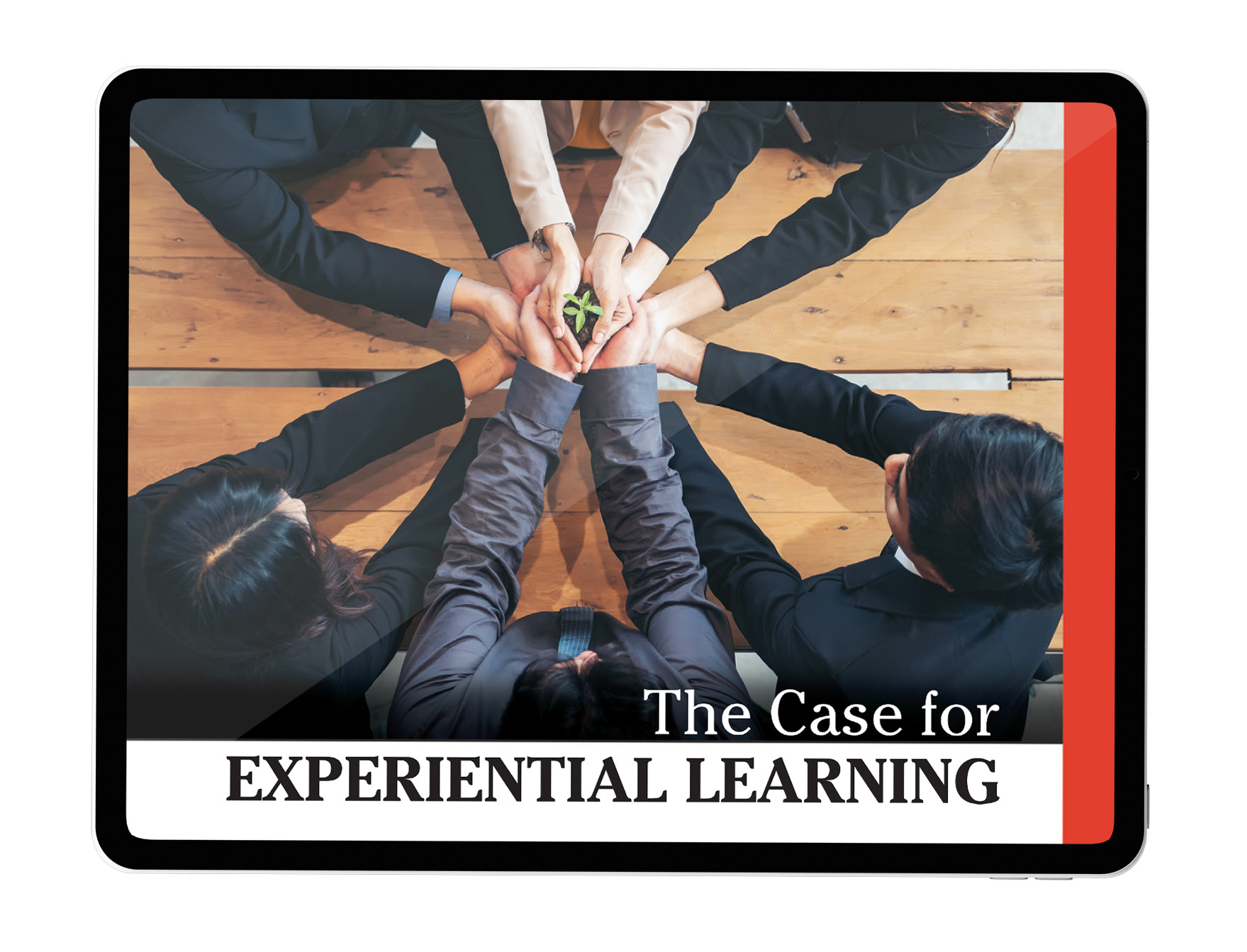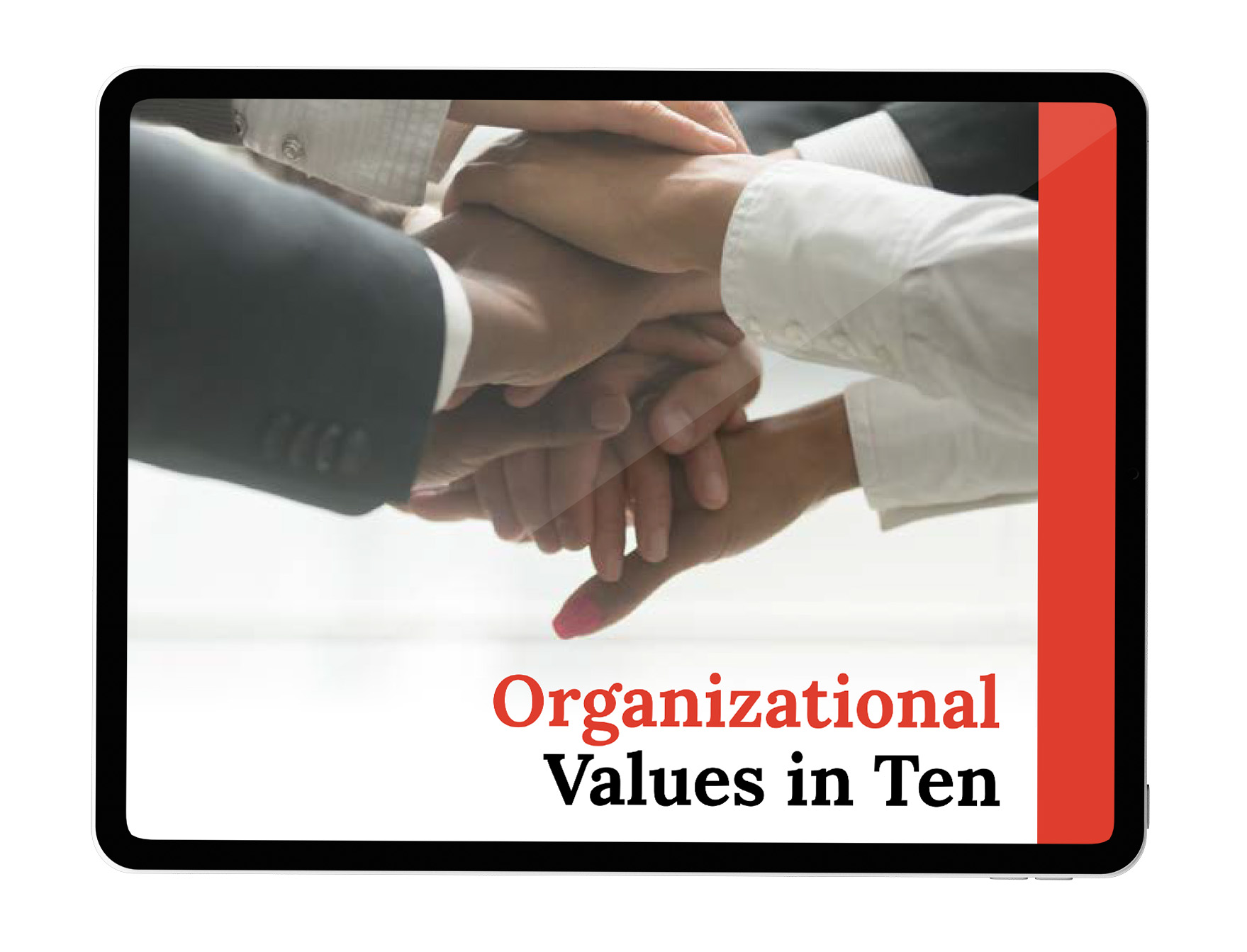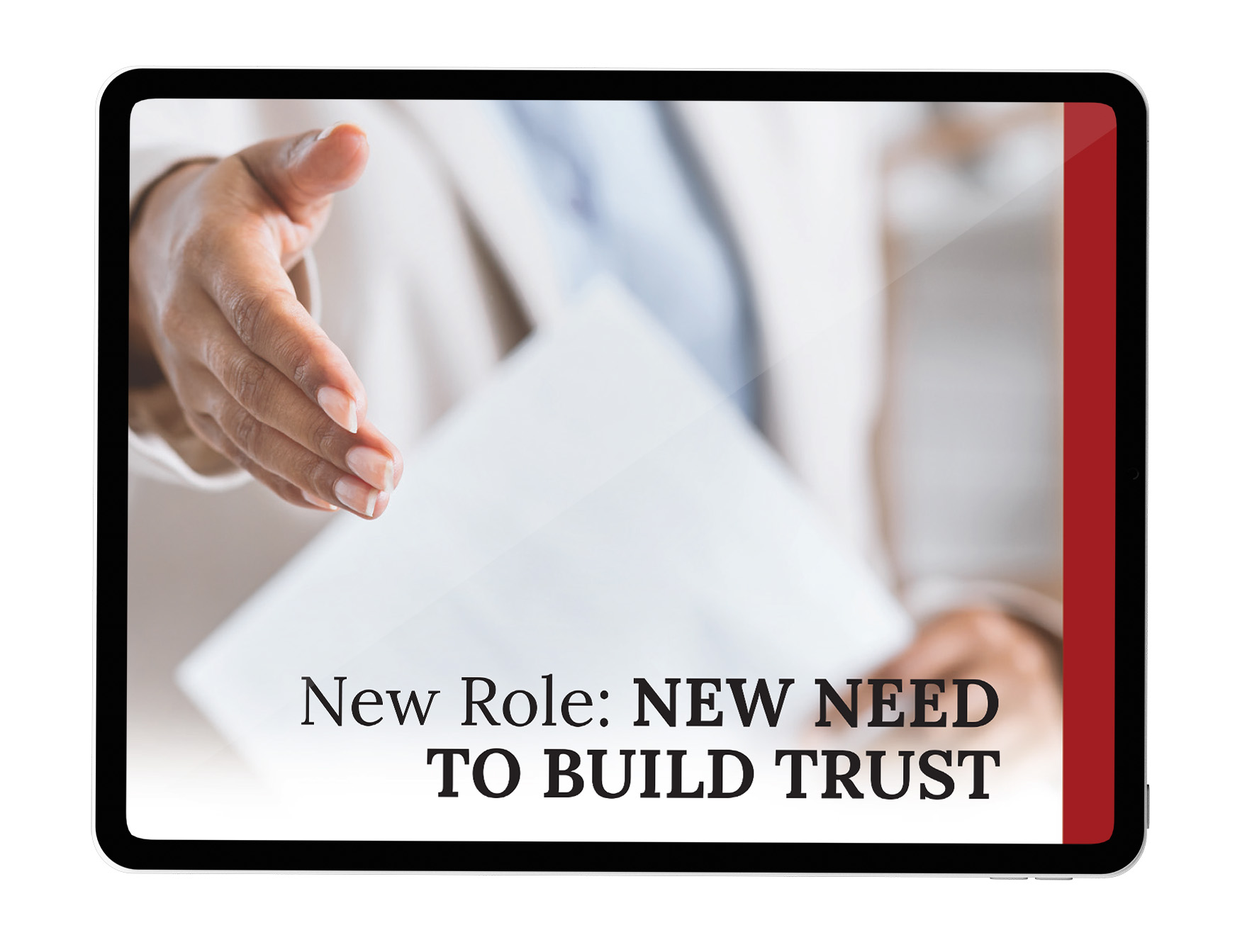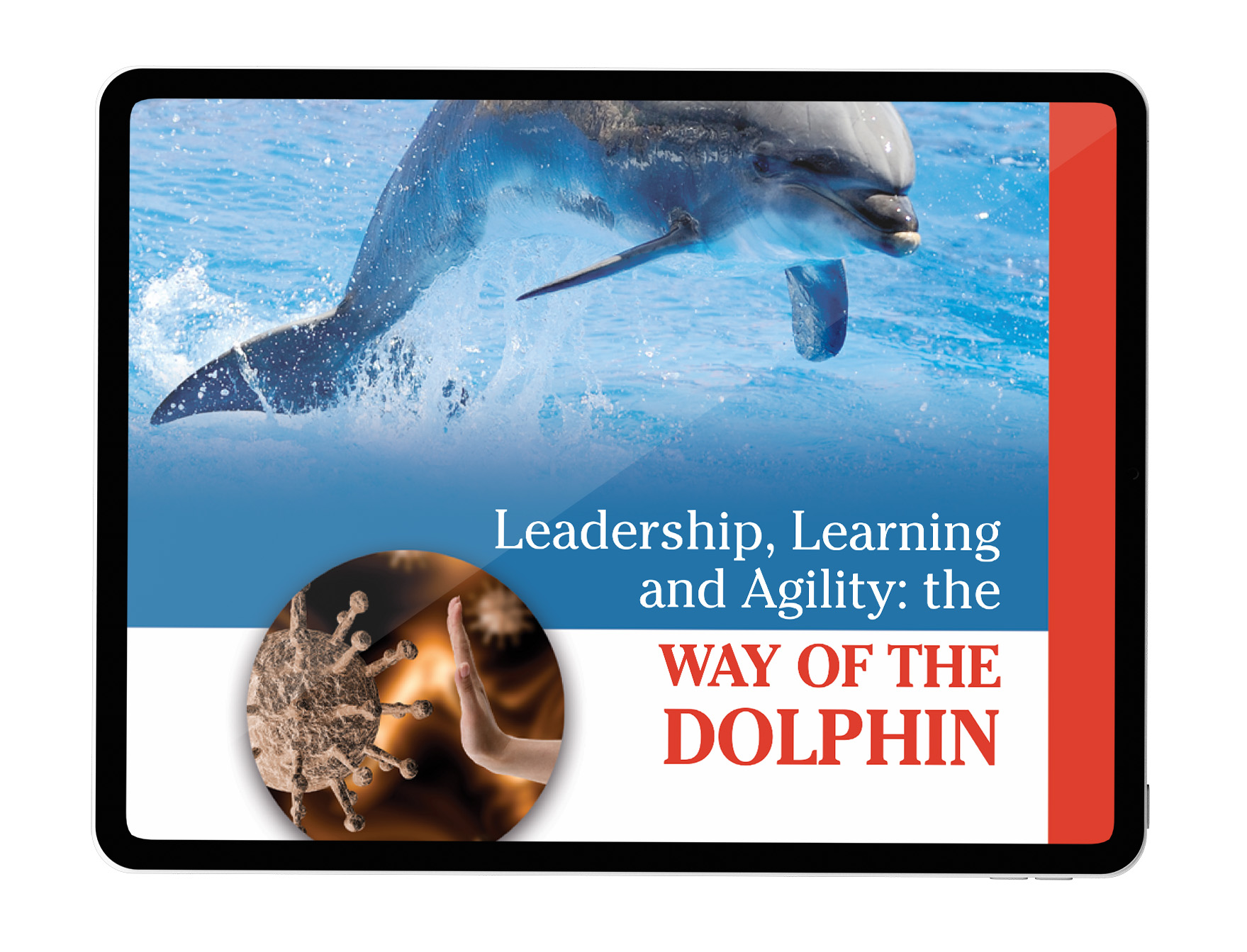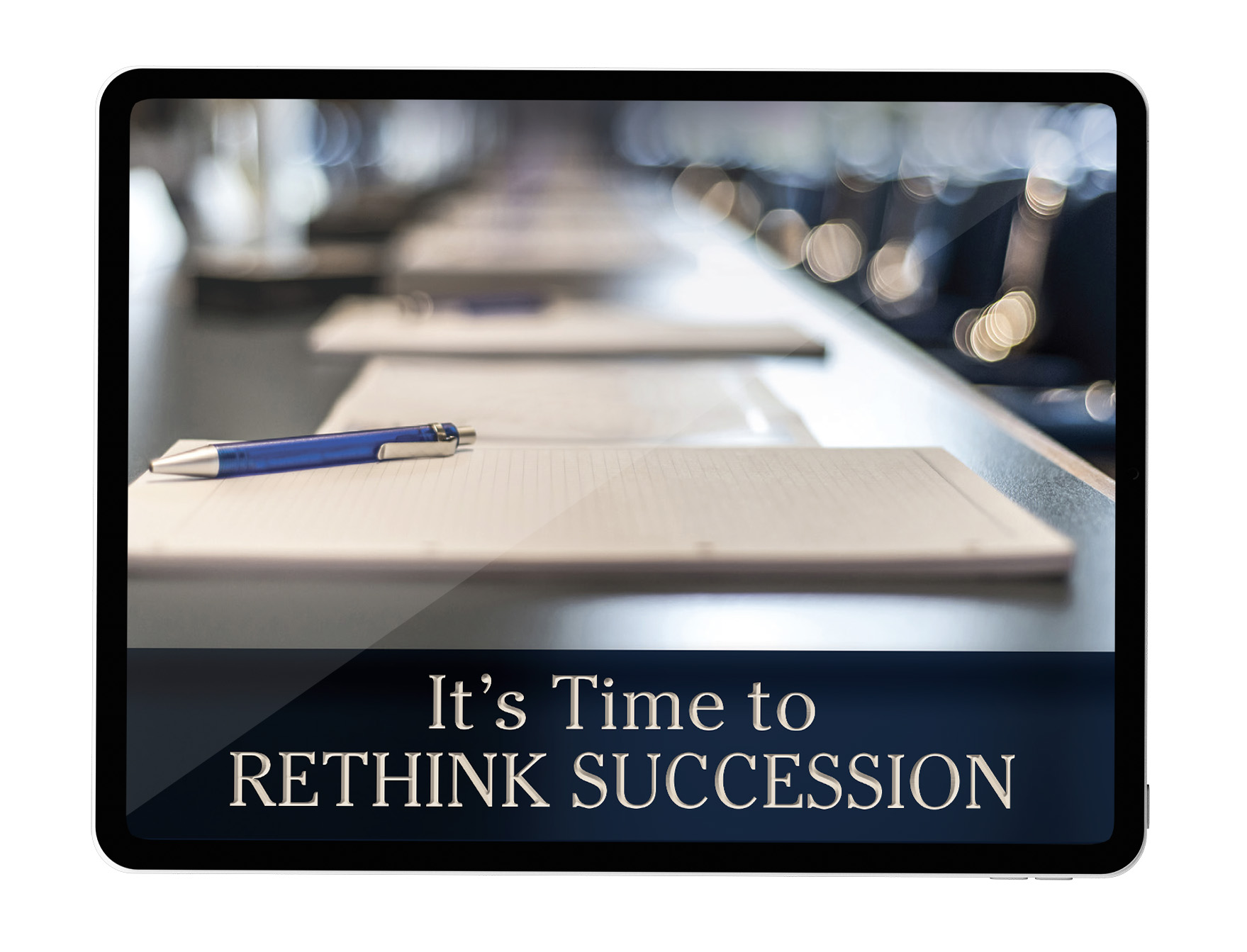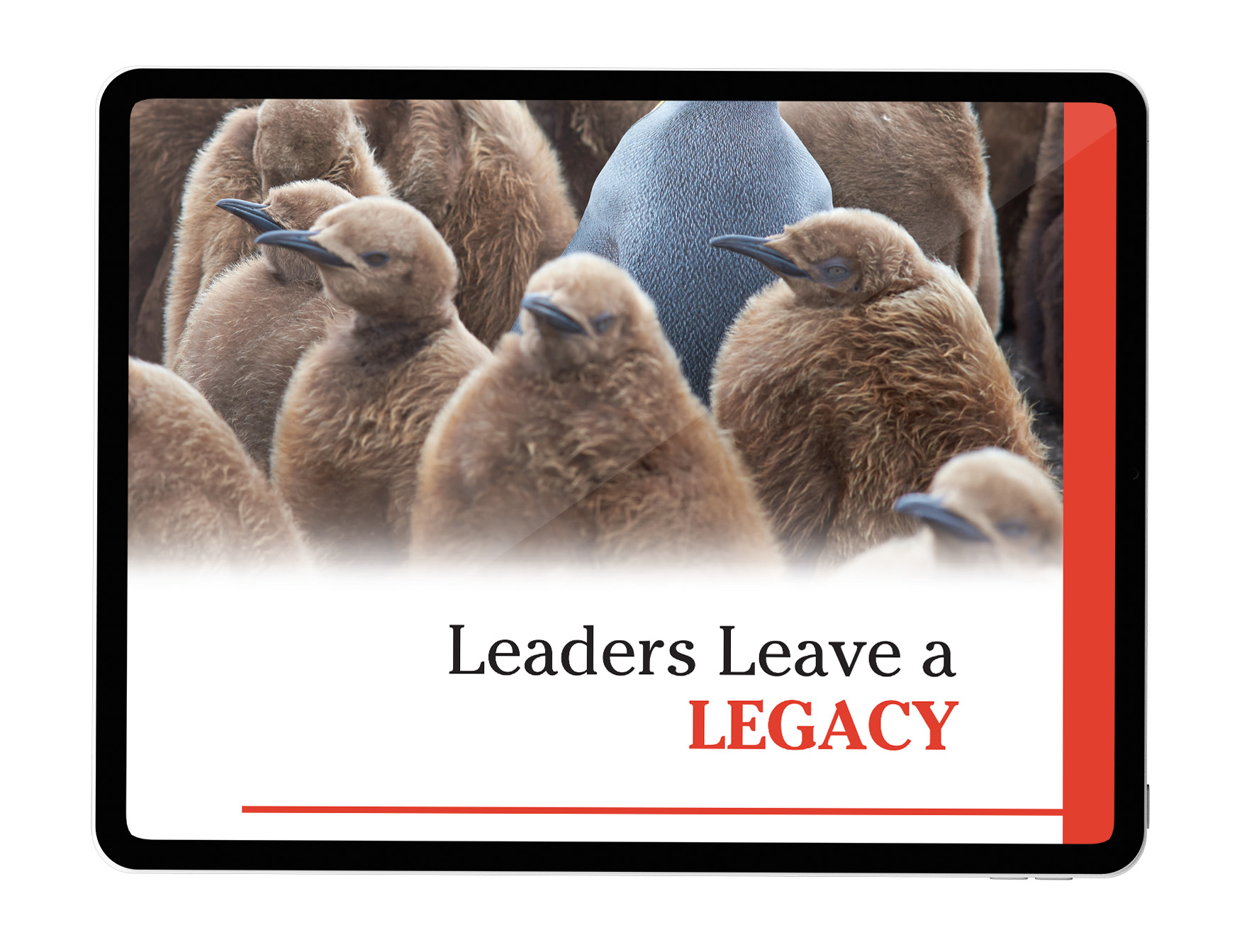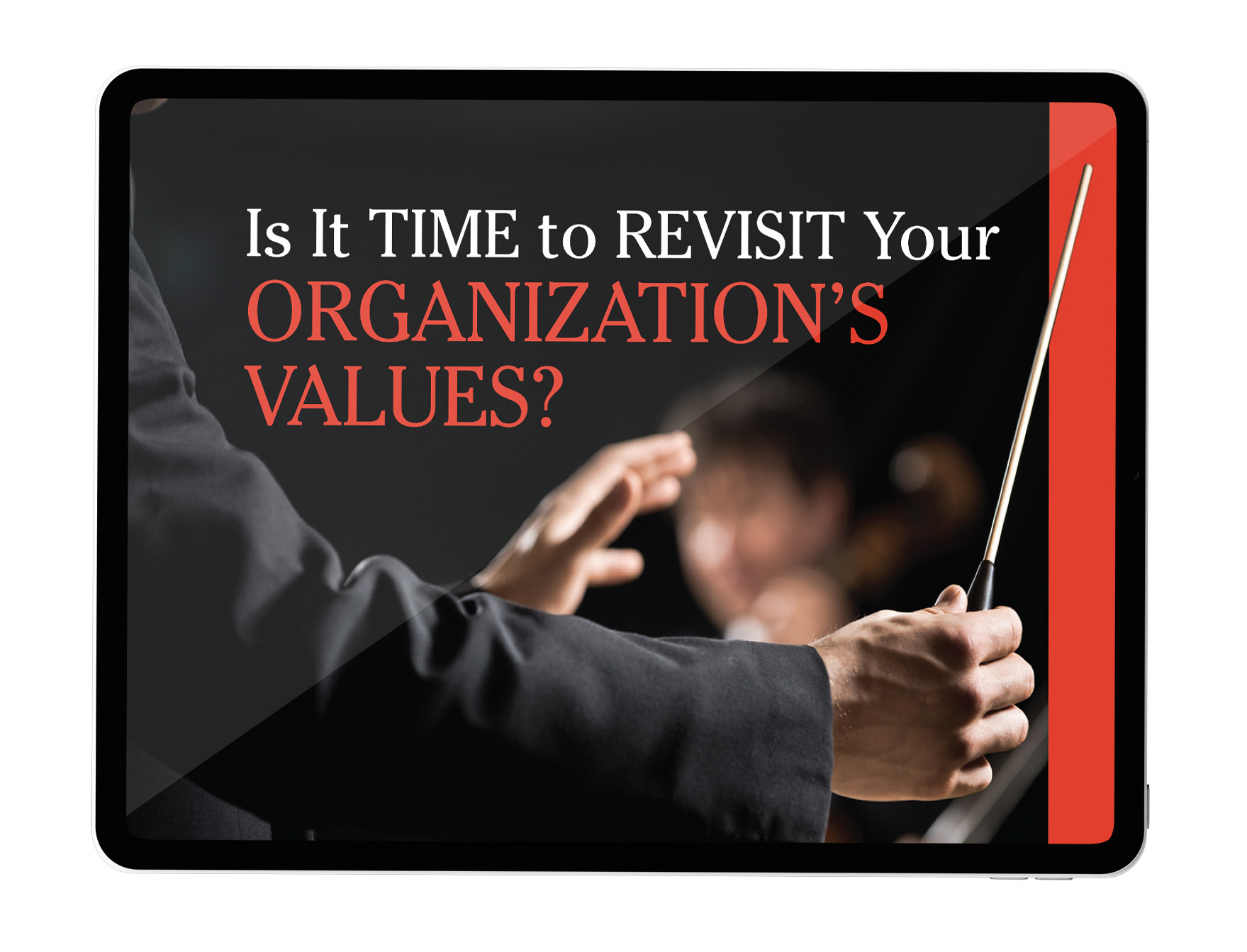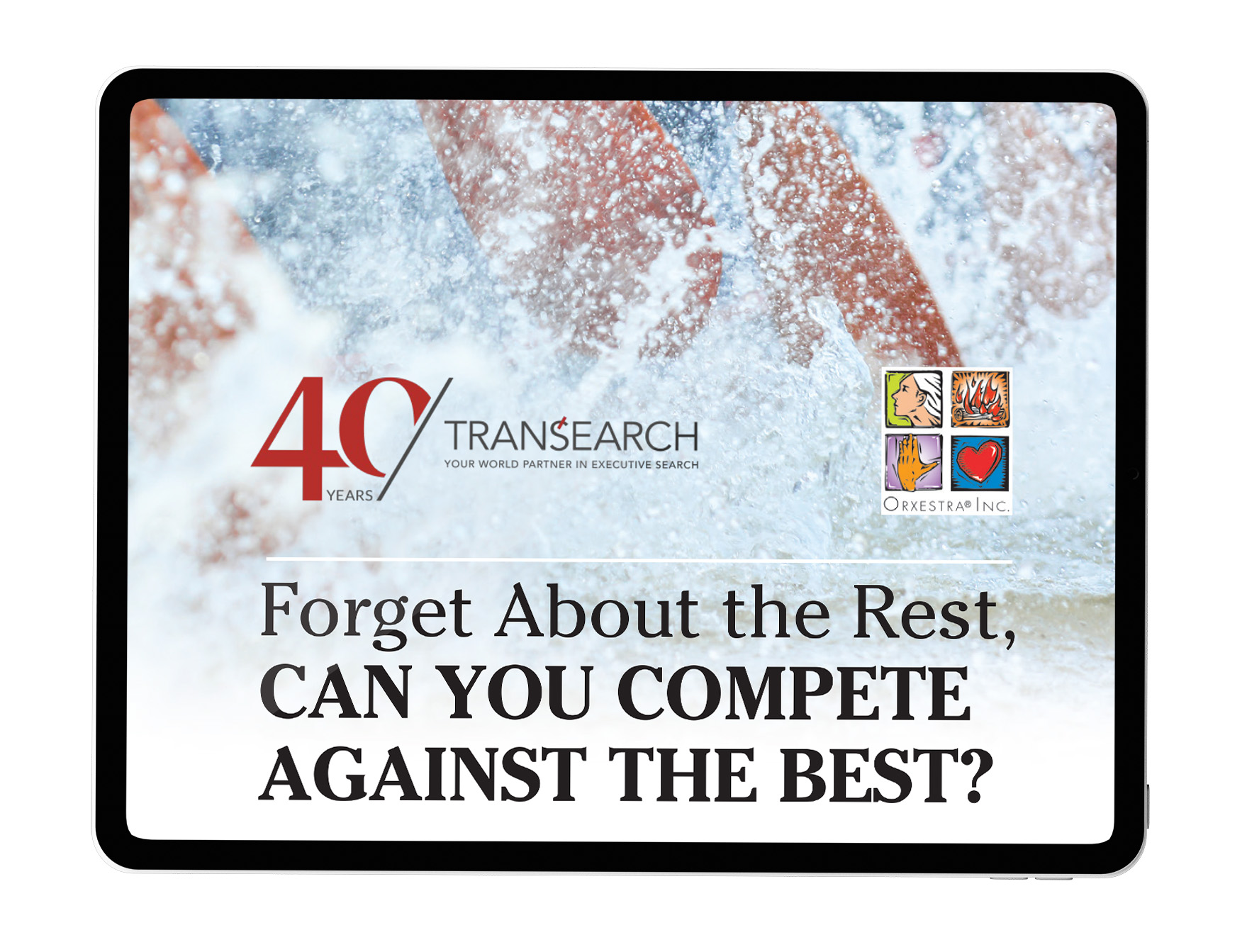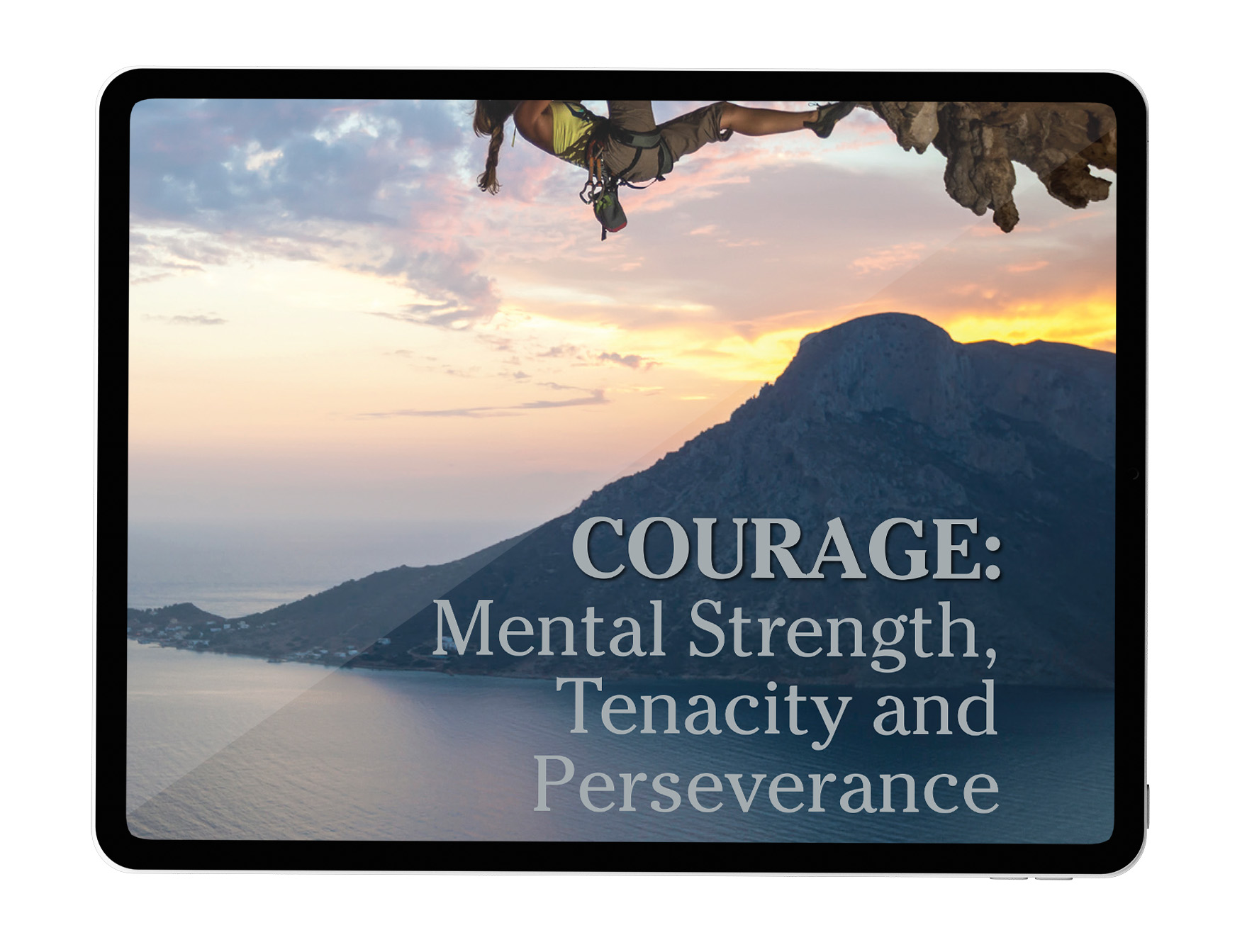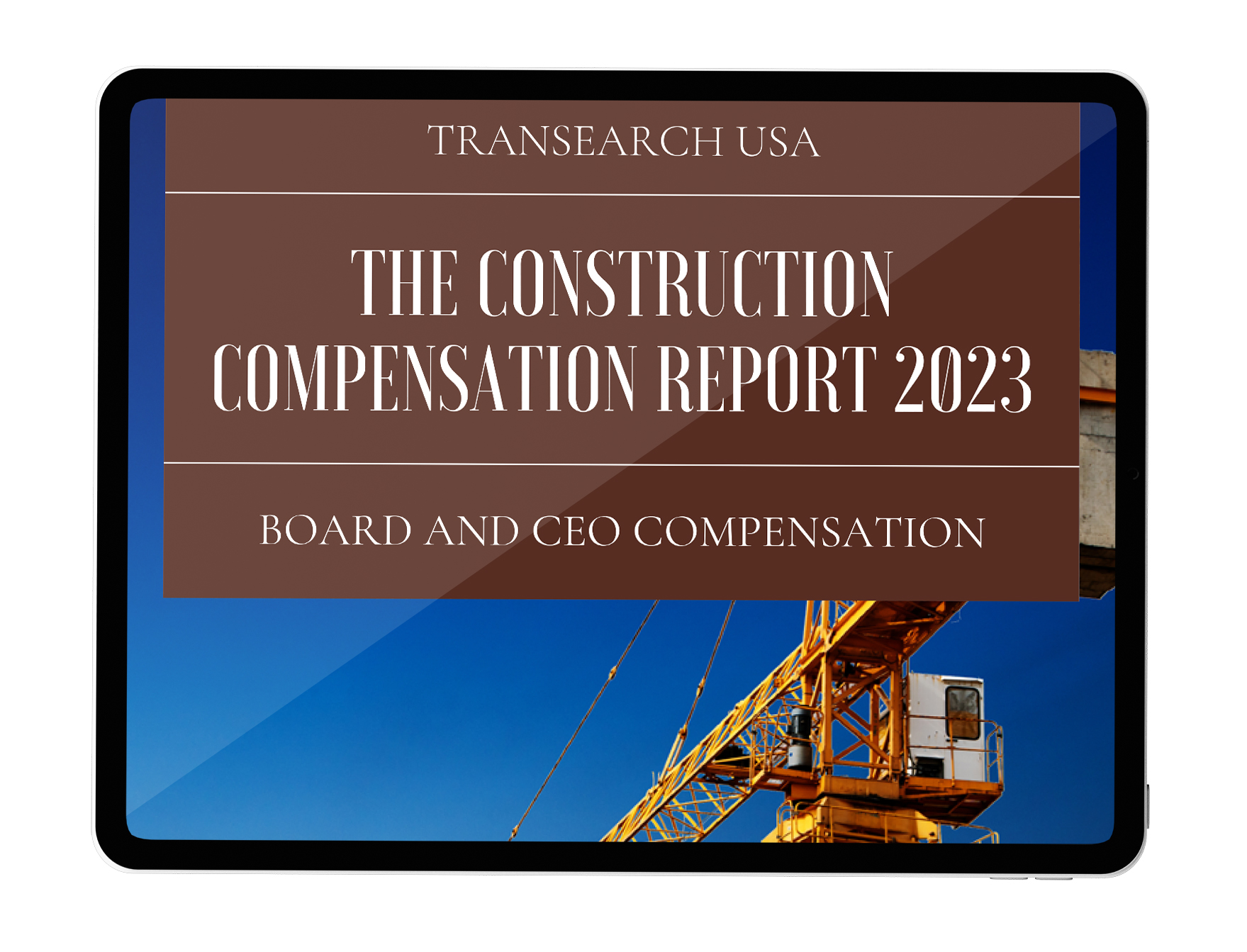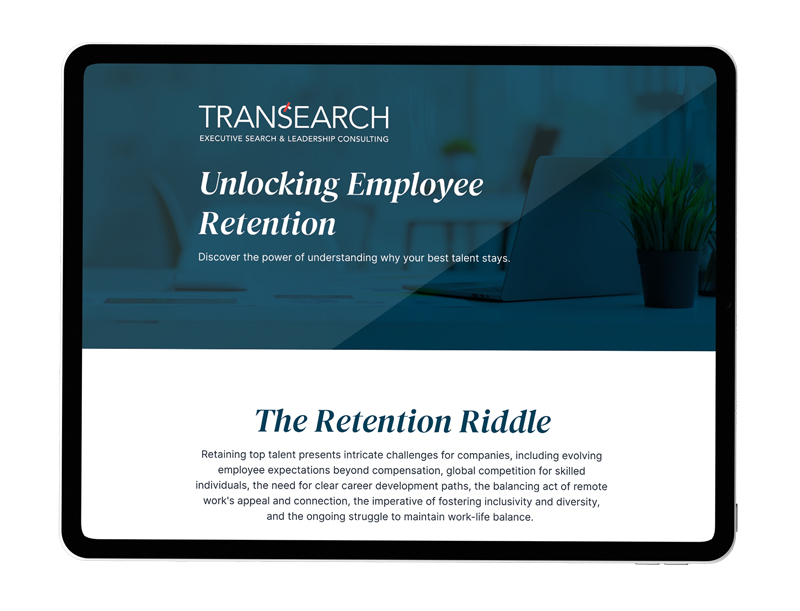How can you cultivate green leadership skills that address current environmental challenges and drive sustainable innovation for the future? The answer lies in a strategic approach that combines continuous education, practical experience, and a commitment to sustainable practices.
By actively engaging in specialized training programs and seeking mentorship opportunities, individuals can position themselves as effective green leaders, ready to make a meaningful impact in the sustainability landscape.

Pursue Specialized Education in Sustainability
A strong educational foundation is essential for developing leadership skills in the green sector. Enrolling in programs that focus on environmental literacy and sustainability equips individuals with the knowledge necessary to navigate complex ecological issues.
Let’s see some well-regarded programs and certifications for aspiring green leaders:
- Sustainability Leadership Development – Coursera (University of Colorado Boulder)
- Harvard Executive Education: Leadership for the 21st Century – Sustainable Business Strategy
- Cambridge Institute for Sustainability Leadership: Business and Climate Change Program
- LEED Green Associate Certification – U.S. Green Building Council
- MIT Sloan: Strategies for Sustainable Business – edX
- University of Michigan: Master of Environment and Sustainability (MEnv) Program
Programs like these help build both foundational knowledge and leadership capacity to navigate and drive sustainability across organizations and industries.
Gain Hands-On Experience Through Green Projects
Practical experience is invaluable in translating theoretical knowledge into real-world solutions for green leadership. Participating in environmental projects or internships allows aspiring green leaders to understand the sector’s challenges and opportunities.
Real-world experiences foster skills such as project management, stakeholder communication, and strategic planning, all crucial for effective leadership in sustainability.
Develop a Sustainability-Oriented Mindset
Adopting a mindset that prioritizes sustainability is critical for green leadership. This involves integrating environmental considerations into decision-making processes and organizational strategies. Green leaders with a sustainability mindset are adept at balancing economic objectives with environmental responsibilities.
Seek Mentorship and Networking Opportunities
Building relationships with established professionals in the green sector can provide invaluable insights and guidance. Mentorship programs and professional networks offer platforms to learn from experienced green leaders, share knowledge, and stay informed about industry trends. Engaging with organizations that focus on environmental leadership development can facilitate these connections, enhancing one’s understanding and capabilities in the field.
Commit to Continuous Learning and Adaptation
The green sector is dynamic, with evolving technologies and policies. Effective leaders commit to lifelong learning to stay abreast of these changes. Regularly attending workshops, seminars, and conferences on sustainability topics ensures that leaders remain informed and can adapt their strategies accordingly.
This proactive approach enables green leaders to anticipate challenges and seize opportunities in the sustainability landscape.
Developing leadership skills in the green sector requires a multifaceted approach that combines education, practical experience, a sustainability-focused mindset, and continuous learning.
By embracing these strategies, individuals can position themselves as effective green leaders, capable of driving sustainable initiatives and making a meaningful impact on environmental challenges.













